Mr. Dang Ngoc Minh - Vice Chairman of the Vietnam Fatherland Front Provincial Committee:
The draft has clarified the core role of the Vietnam Fatherland Front .
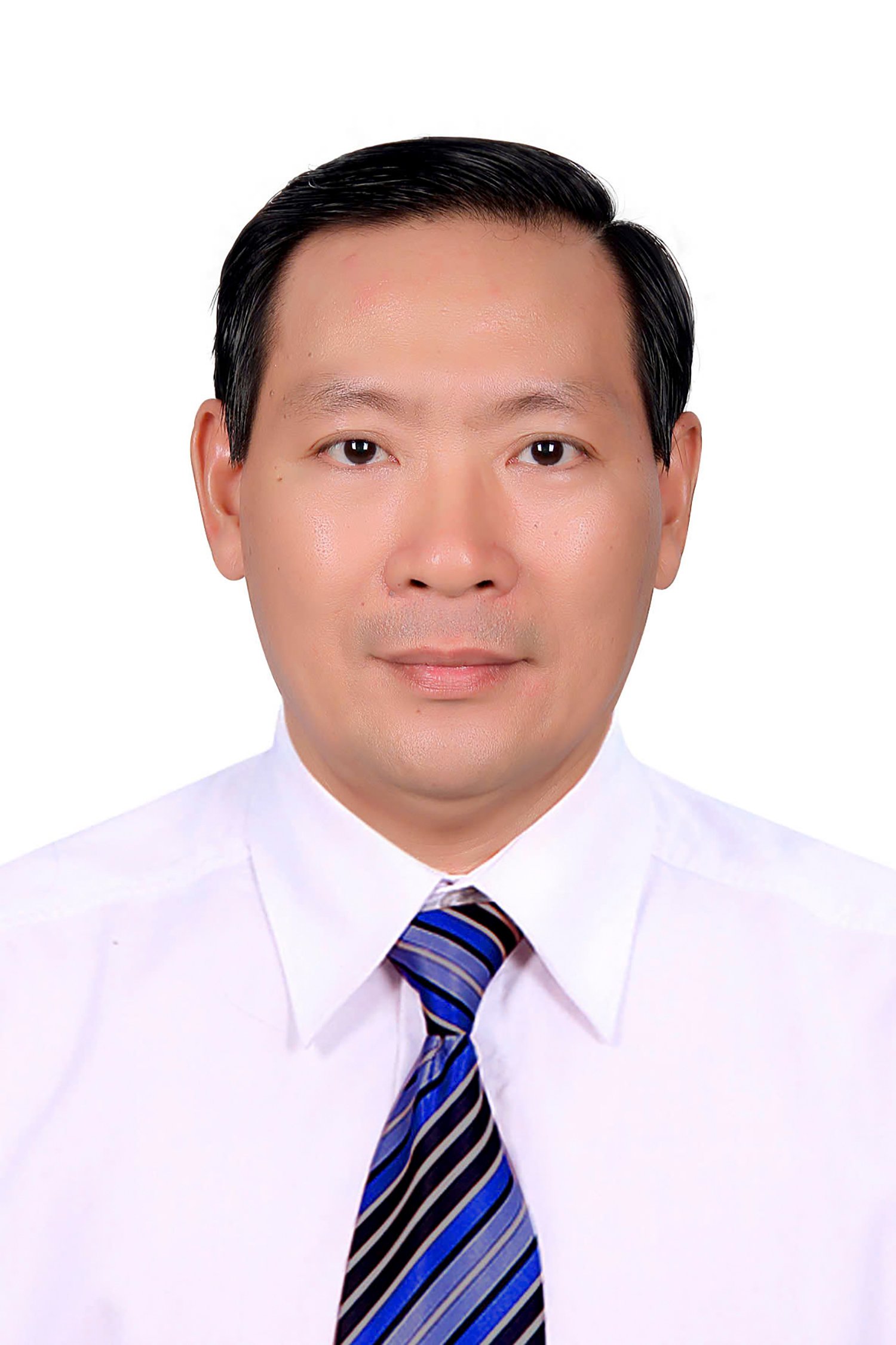 |
| Mr. Dang Ngoc Minh - Vice Chairman of the Vietnam Fatherland Front Provincial Committee |
Through studying the Draft Resolution amending and supplementing a number of articles of the 2013 Constitution, I strongly agree with the National Assembly's issuance of the resolution; approve of the guiding viewpoints, purposes, requirements, scope of amendments and supplements as well as the contents of amendments and supplements to a number of articles of the 2013 Constitution.
In particular, the draft has clarified the core role of the Vietnam Fatherland Front, emphasizing the position of the Vietnam Fatherland Front as the central organization of the great national unity bloc, creating a legal basis for the rearrangement of member organizations, reducing duplication in the implementation of functions and tasks, ensuring unity and synchronization with the Party's organizational structure, in accordance with the new organizational model after the rearrangement and streamlining of socio-political organizations into the Vietnam Fatherland Front. However, in Clause 1, Article 9 of the 2013 Constitution, to fully institutionalize the Party's leadership viewpoint on the position, role, functions and tasks of the Vietnam Fatherland Front stated in the Party's documents, I propose to supplement and adjust as follows: The Vietnam Fatherland Front is a political alliance organization, a voluntary union of political organizations, socio-political organizations, social organizations and typical individuals in social classes, strata, ethnic groups, religions, and Vietnamese people residing abroad; The Vietnam Fatherland Front is part of the political system of the Socialist Republic of Vietnam led by the Communist Party of Vietnam ; is the political base of the people's government; represents the will and aspirations; protects the legitimate and legal rights and interests of the people; promotes the core role for people to be masters, strengthens social consensus; performs social security tasks; gathers and promotes the strength of great national unity; Conduct social supervision and criticism; reflect people's opinions and recommendations to Party and State agencies; participate in Party and State building, people's foreign affairs activities, contributing to building and defending the Fatherland.
In addition, I propose to amend and supplement Clause 3, Article 110 of the 2013 Constitution as follows: The determination of types of administrative units at the provincial and centrally-run city levels and the procedures for establishing, dissolving, merging, dividing administrative units, and adjusting administrative unit boundaries as prescribed by the National Assembly in accordance with the new development requirements of the country is an important task related to the people's lives and the economic, cultural and social development of each locality... Therefore, it is proposed to keep the content of "must consult local people" as currently prescribed. Thereby, in order to propagate and mobilize to create consensus among the people when implementing the Party's guidelines and policies and the State's laws; clearly demonstrating the nature of the Socialist Republic of Vietnam's rule of law State as a State of the people, by the people and for the people.
C.VAN (Written)
Mr. Tran Nhat Luan - Secretary of Cam Lam District Youth Union:
The reorganization of socio-political organizations is necessary.
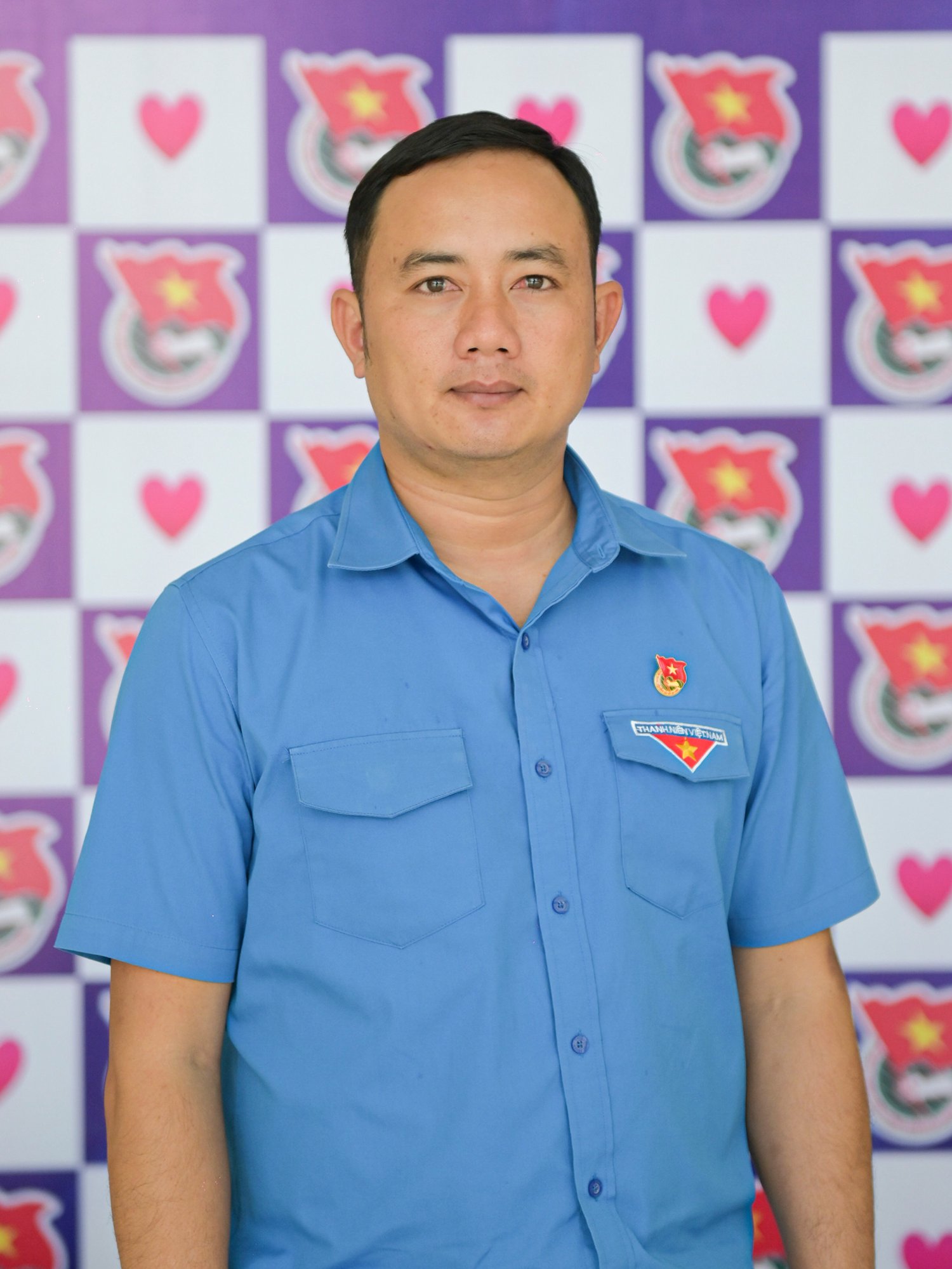 |
| Mr. Tran Nhat Luan - Secretary of Cam Lam District Youth Union |
As a union official, I am particularly interested in the revised and supplemented contents related to the organization and operation of the Vietnam Fatherland Front and socio-political organizations.
Through studying the draft Resolution, I completely agree with and strongly support the proposal to amend Article 9 of the Constitution, which is an important step in the process of reforming the political system towards streamlining, efficiency, and suitability with the country's development practices. As someone who directly participates in the work of the Youth Union, I feel that the current organizational model of socio-political organizations is still overlapping and resource-dispersing. Therefore, it is completely reasonable and necessary to clearly define socio-political organizations such as the Ho Chi Minh Communist Youth Union, Trade Unions, Women's Union, Farmers' Association, and Veterans' Association as member organizations under the Vietnam Fatherland Front, operating together according to the principles of democratic consultation, coordination and unified action.
From a personal perspective, I believe that the proposal to amend Article 9 of the Constitution this time is an important opportunity to institutionalize the leading role of the Vietnam Fatherland Front in the new situation, while creating a solid legal basis for the arrangement and innovation of the organizational apparatus of political and social organizations in a streamlined and effective direction, in line with the general policy of the Party and State.
Regardless of the role or position, I believe that with my ability and pioneering spirit, I myself, as well as other union cadres, union members and youth, will always undertake and complete well the assigned tasks, continuing to contribute our youth to the socio-economic development of the province as well as the country.
HOANG AN (written)
Mr. Vo Binh Tan - Vice Chairman of the Provincial Association of the Elderly:
It is necessary to maintain the right of People's Council delegates to question the Chief Justice of the People's Court and the Chief Prosecutor of the People's Procuracy at the provincial level.
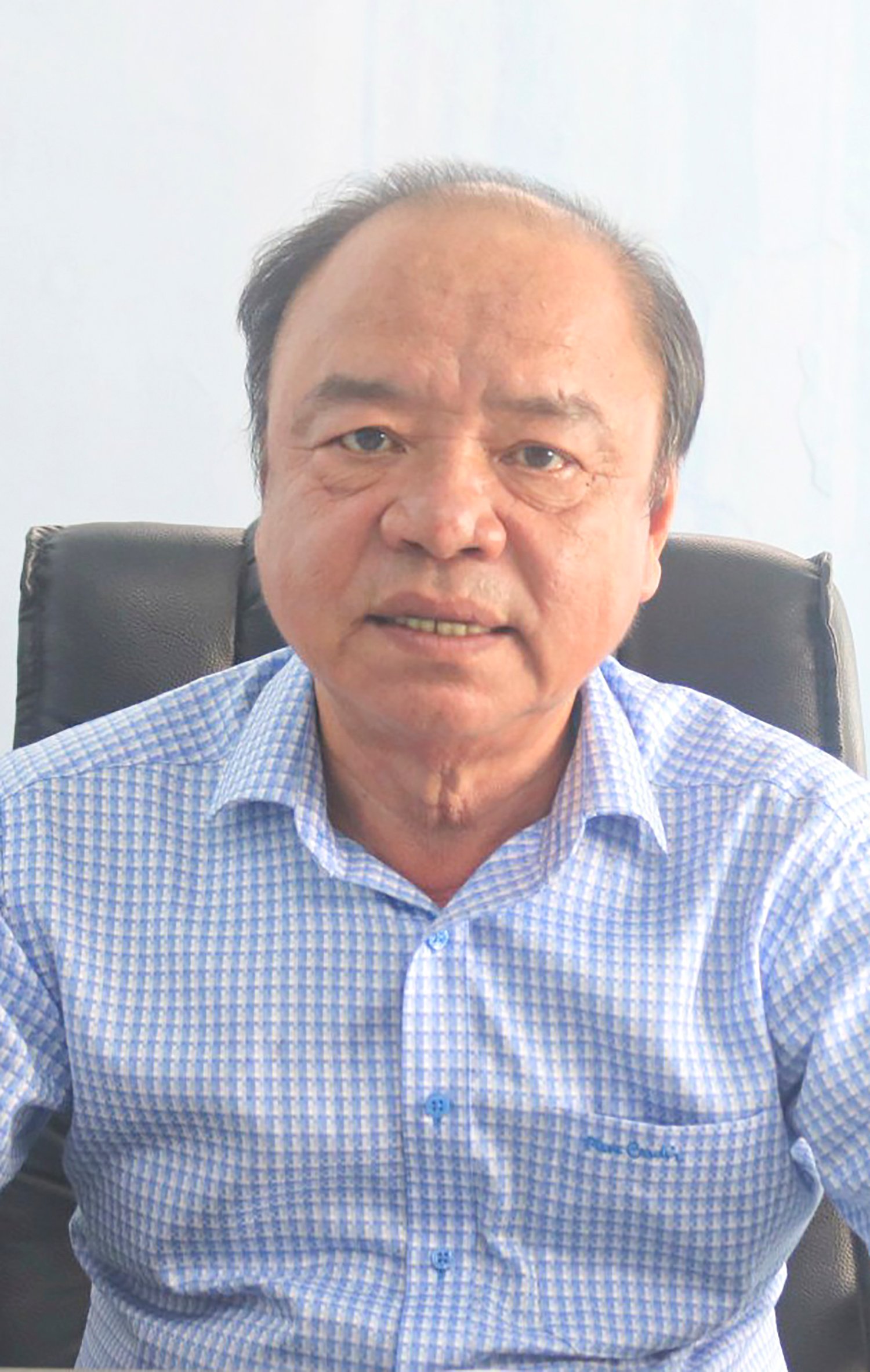 |
| Mr. Vo Binh Tan - Vice Chairman of the Provincial Association of the Elderly |
I completely agree with and appreciate the amendment of a number of articles of the 2013 Constitution to suit the situation and development orientation of the country. At the same time, I also have some comments. Clause 8, Article 1 of the draft Resolution amending and supplementing a number of articles of the 2013 Constitution does not stipulate that the Chief Justice of the People's Court and the Chief Prosecutor of the Provincial People's Procuracy are within the scope of the subjects to answer questions from the People's Council delegates. I propose to review this content for the following reasons:
The right to question of People's Council deputies is stipulated in many legal documents, the highest being the 2013 Constitution. Thus, questioning is a particularly important form of supervision, demonstrating the power of the elected body and the responsibility of People's Council deputies - the representatives of the will and aspirations of the local people, responsible to local voters and to the People's Council for the performance of their duties and powers as deputies.
Meanwhile, National Assembly deputies still have the right to question the Chief Justice of the Supreme People's Court and the Chief Prosecutor of the Supreme People's Procuracy (according to Article 80 of the 2013 Constitution). Both National Assembly deputies and People's Council deputies are representatives of the people elected by the people through elections. Therefore, it is necessary to continue to maintain the right of People's Council deputies to question the Chief Justice of the People's Court and the Chief Prosecutor of the Provincial People's Procuracy, to ensure consistency in the right to question of elected representatives.
As planned, the upcoming People's Court and People's Procuracy system will have 3 levels: provincial level, regional level and supreme level. This arrangement and streamlining does not change the functions and tasks of the People's Court and People's Procuracy. The judicial activities of the People's Court and People's Procuracy at the provincial and regional levels still affect the legitimate rights and interests of local people; and are subject to the supervision of local state power agencies. Therefore, it is reasonable to retain the right of the provincial People's Council delegates to question the Chief Justice of the provincial People's Court and the Chief Prosecutor of the provincial People's Procuracy.
Similarly, it is also necessary to consider and supplement the provisions on the authority to question the Chief Justice of the People's Court at the regional level and the Chief Prosecutor of the People's Procuracy at the regional level. At the same time, clarify the right of the People's Council delegates at the commune level to question the Chief Justice of the People's Court and the Chief Prosecutor of the People's Procuracy...
In addition, it is recommended to study: Increasing the right of People's Council delegates to question the head of the civil judgment enforcement agency at the same level. Because, in reality, the civil judgment enforcement agency is an agency under the Ministry of Justice. The head of the local civil judgment enforcement agency is not the head of the agency under the People's Committee, so People's Council delegates cannot exercise the right to question. Meanwhile, the Law on Supervisory Activities of the National Assembly and People's Councils allows the People's Council to supervise the activities of the civil judgment enforcement agency at the same level.
VG (Record)
Source: https://baokhanhhoa.vn/xa-hoi/202505/bao-dam-tinh-thong-nhat-nang-cao-hieu-luc-quan-ly-va-phat-huy-vai-tro-cua-nhan-dan-6f224af/





![[Photo] Urgently help people soon have a place to live and stabilize their lives](/_next/image?url=https%3A%2F%2Fvphoto.vietnam.vn%2Fthumb%2F1200x675%2Fvietnam%2Fresource%2FIMAGE%2F2025%2F12%2F09%2F1765248230297_c-jpg.webp&w=3840&q=75)


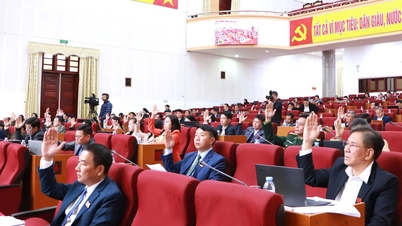

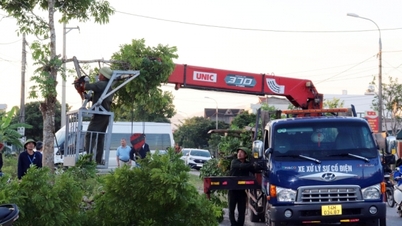

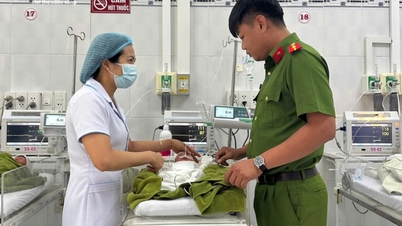

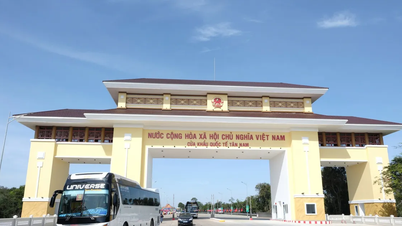

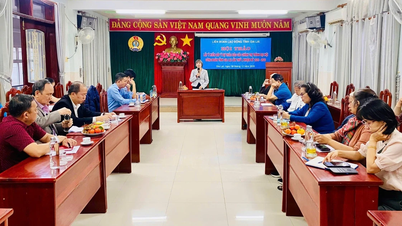

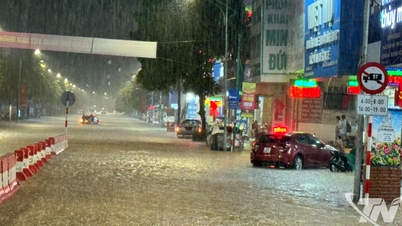





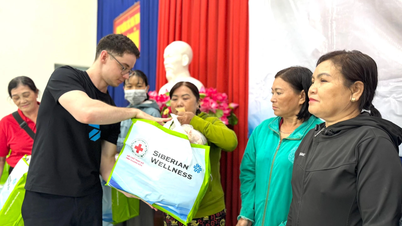
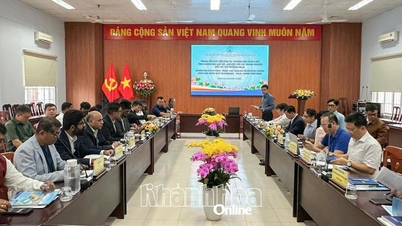

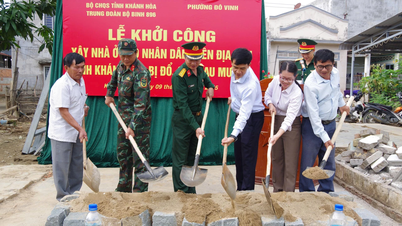
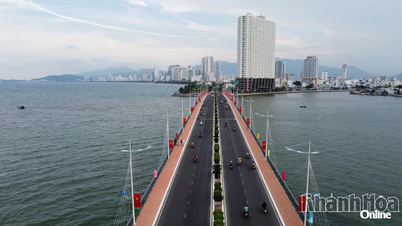


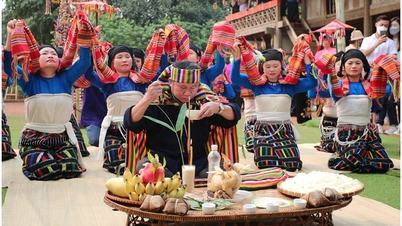


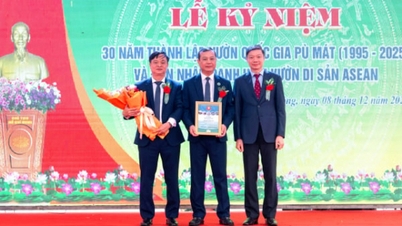


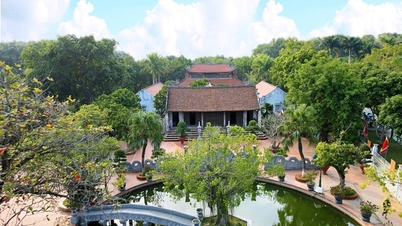
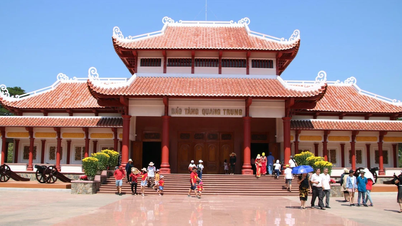

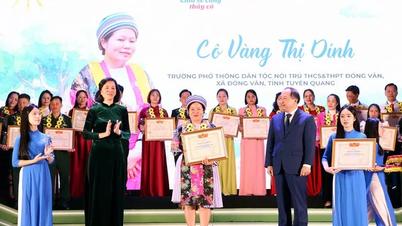

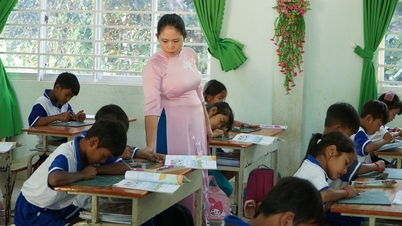

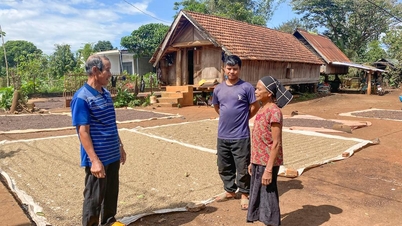

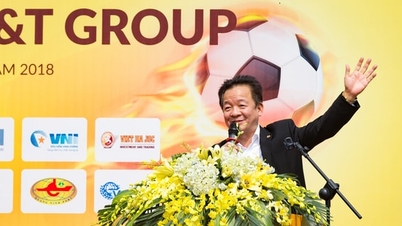



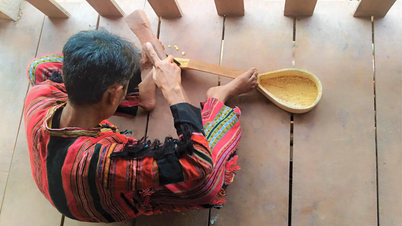

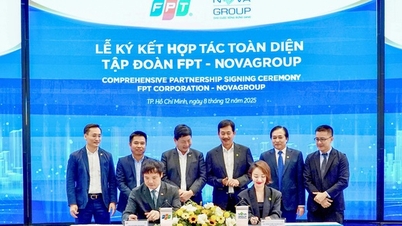

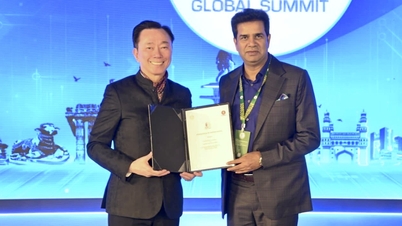

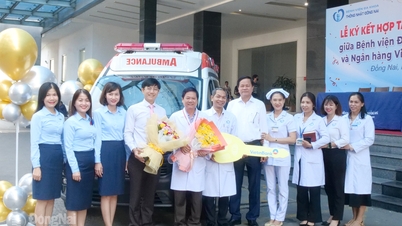

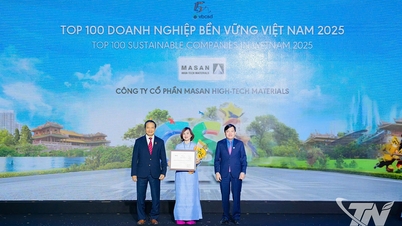

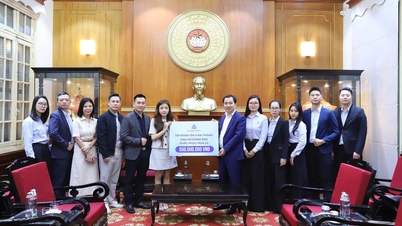






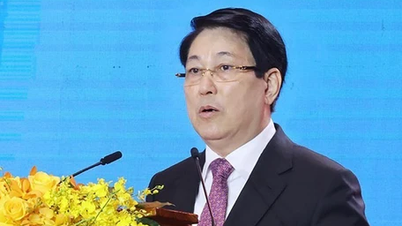
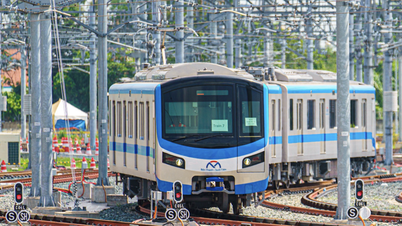

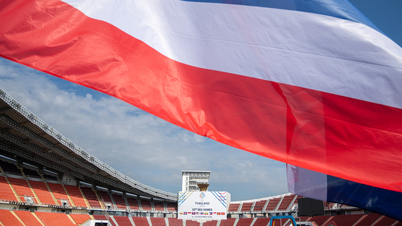

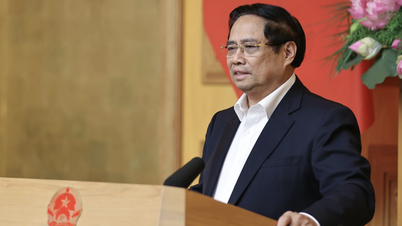
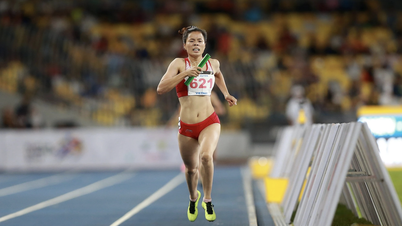
![[Photo] General Secretary To Lam works with the Standing Committees of the 14th Party Congress Subcommittees](https://vphoto.vietnam.vn/thumb/402x226/vietnam/resource/IMAGE/2025/12/09/1765265023554_image.jpeg)




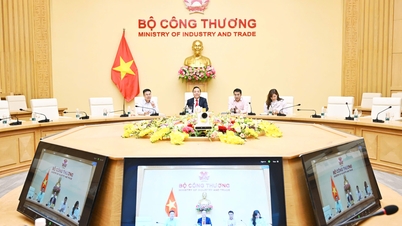


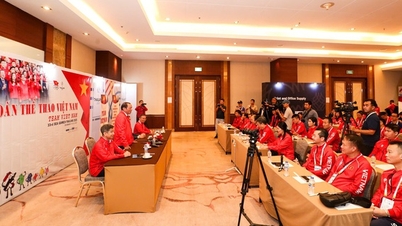
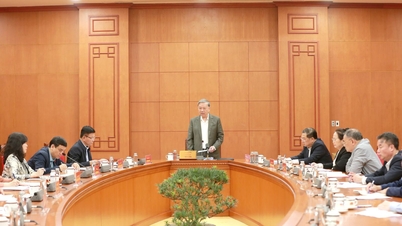

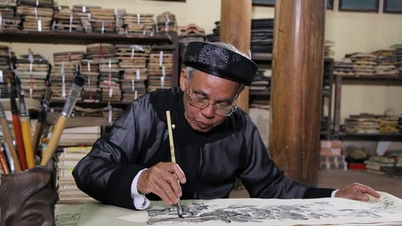
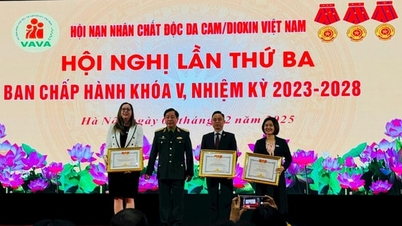



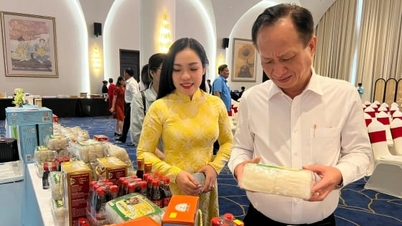







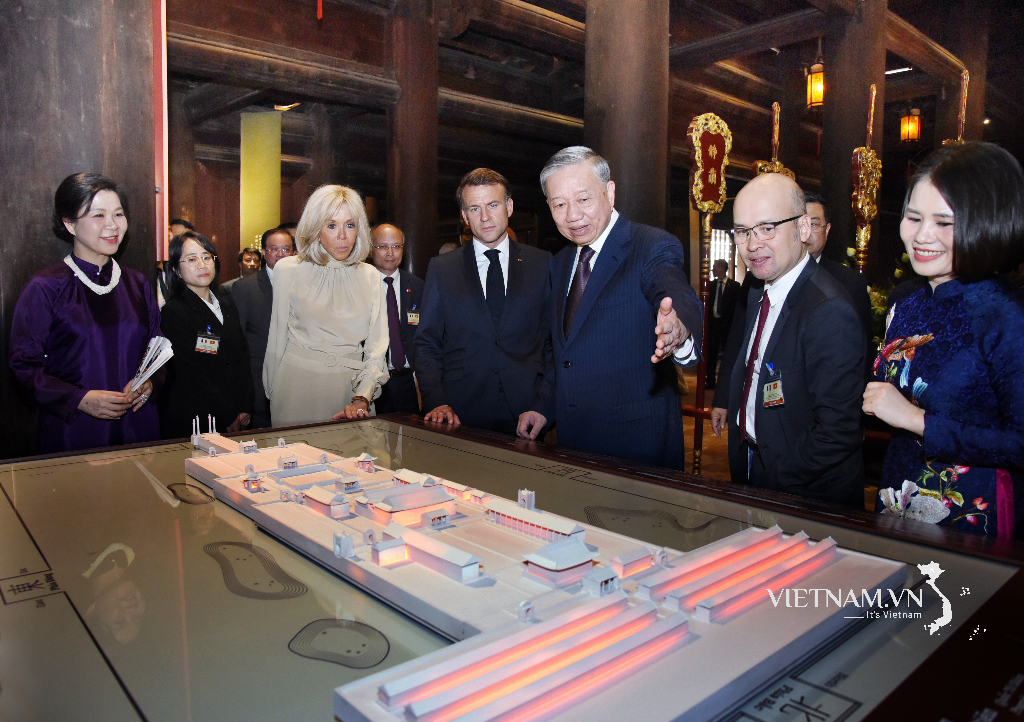







Comment (0)